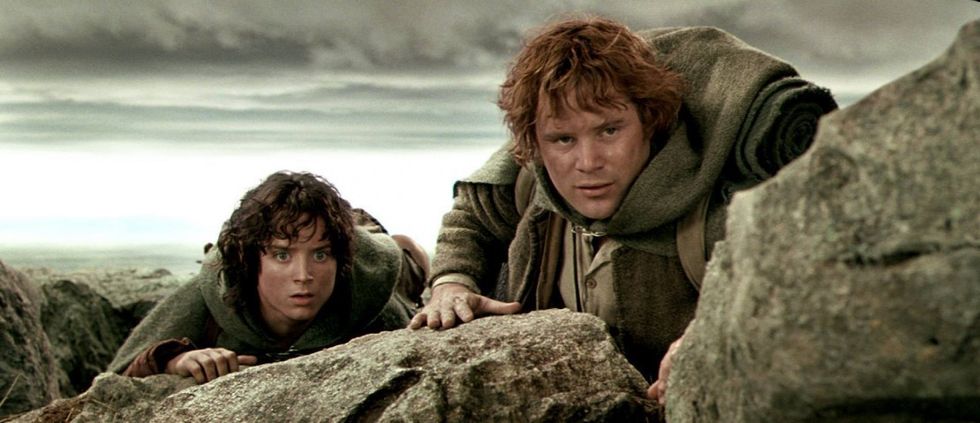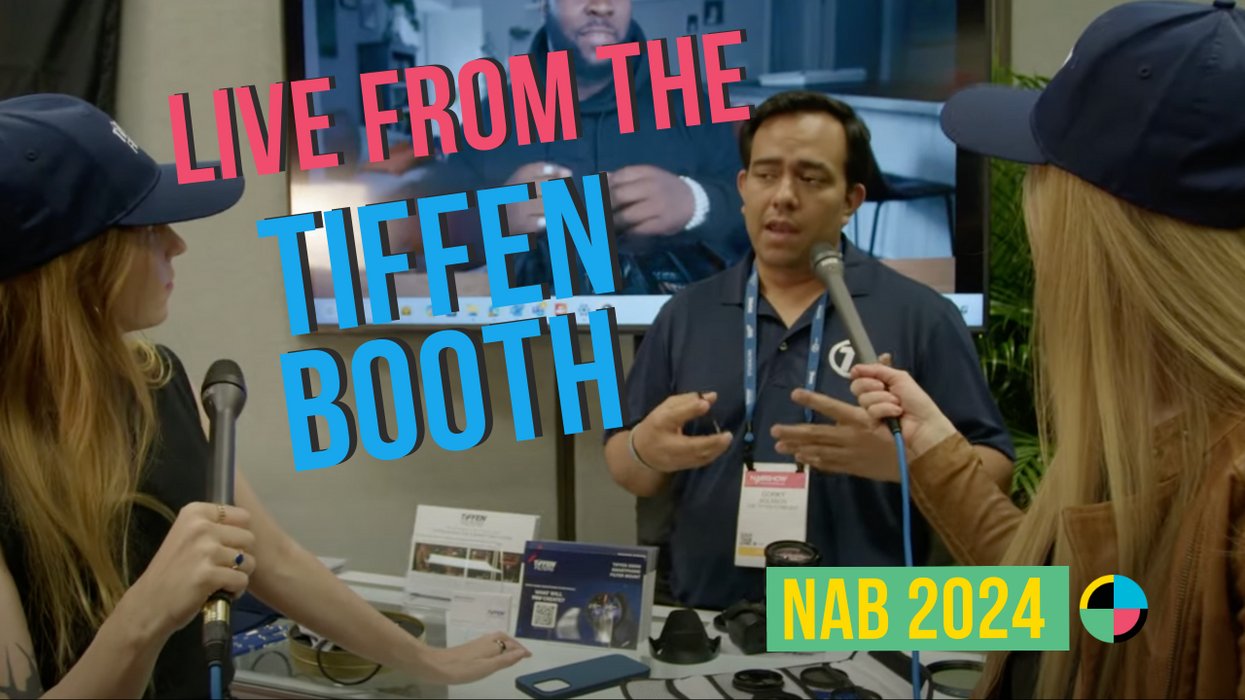Why Amazon Prime Isn't Like Traditional Hollywood Studios
A closer look at the streaming giant’s entertainment strategy.
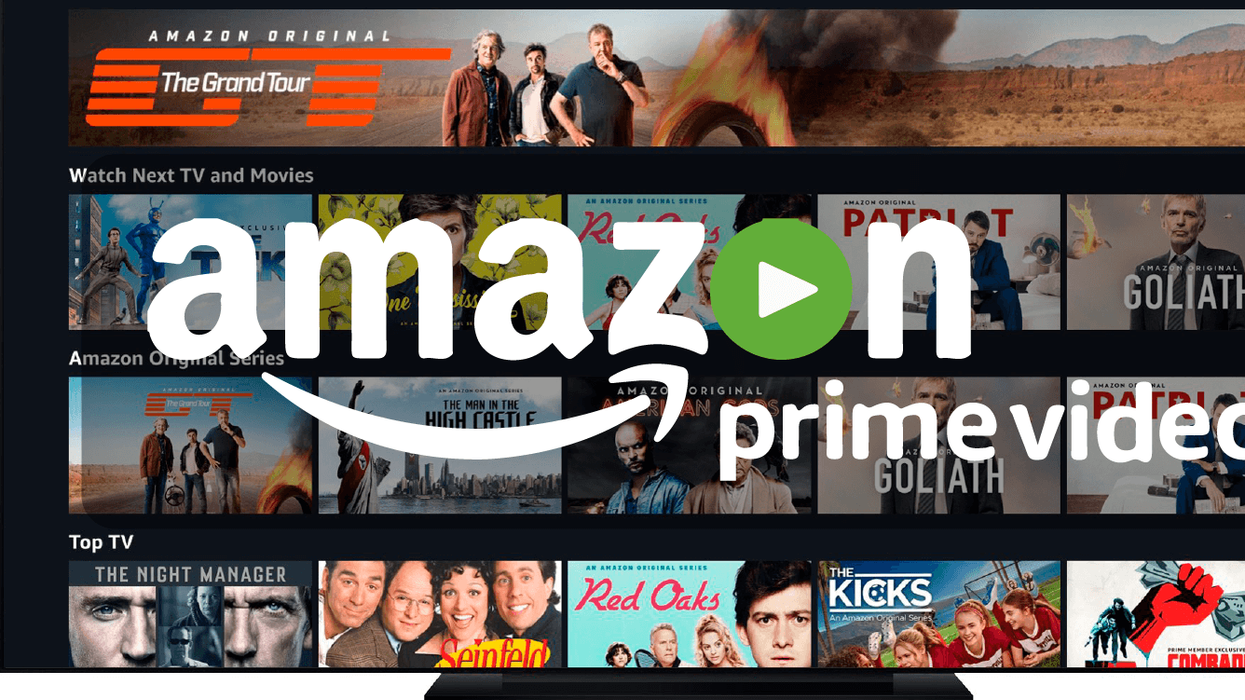
Everyone knows that Amazon has been offering movies and TV through Prime Video for a while, but not everyone knows that Amazon Studios has been releasing films theatrically. It’s no surprise that some of them have flown under the radar—Amazon’s most successful film is Manchester by the Sea, which was nominated for six Oscars, winning two, and grossed $47M at the US box office. Amazon’s second most successful film is The Big Sick, which was nominated for a Best Original Screenplay Oscar and grossed $42M in the US. For a multi-billion dollar company, it might seem like these two films don’t really move the needle.
The Hollywood Reporter has a new story out about how Amazon Studios has been struggling to satisfy audiences with its theatrical releases.
I work in theatrical acquisition and distribution, particularly in the international presales market, so I can make a few educated guesses about Amazon’s distribution goals and strategy. Let’s dive in.
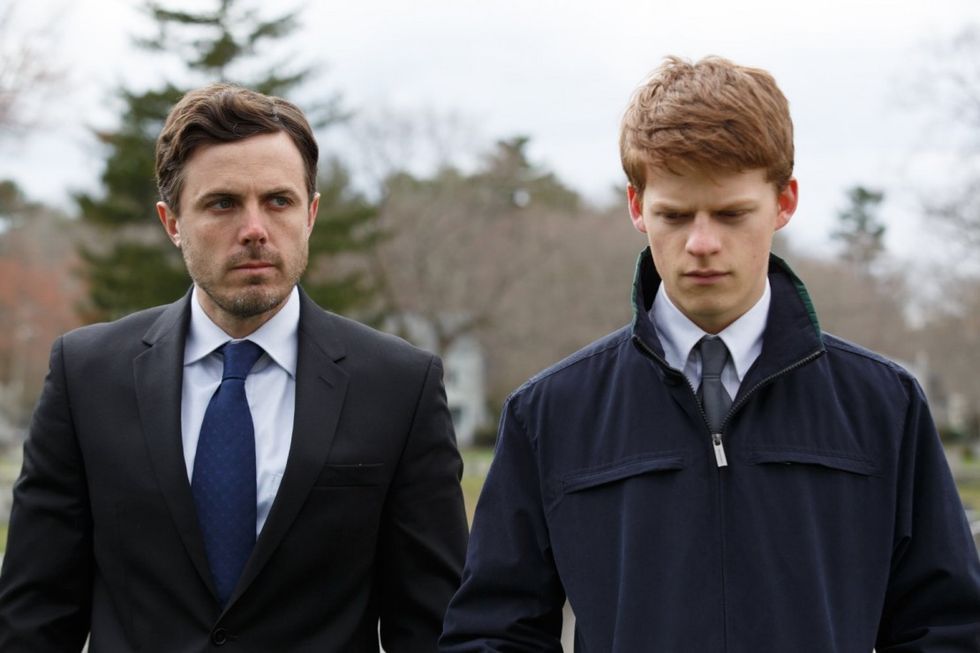
How Do You Do, Fellow Studios
The big thing to understand about Amazon’s strategy is that, like Netflix’s strategy, it is completely different from everything Hollywood traditionally knows about the filmed entertainment business model. Compared to Disney or Warner Brothers, Amazon is very young. While there are institutional advantages to a century-long Hollywood legacy, being the new kid on the block has its perks.
The reason the new streaming services are so disruptive is that they aren’t burdened with decades of old-fashioned, ingrained protocols and practices. Amazon and its peers can ask themselves the Moneyball question: “If we weren’t already doing it this way, is this the way we would start?” A lot of times, the answer is no.
Stay A While, and Watch
Amazon has such a diverse ecosystem of products and services that its overall success doesn’t hinge on any one film or show. Amazon’s goal is to keep its Prime subscribers happy and to maintain or increase the amount of time people spend on its platform.
Per The Hollywood Reporter:
“Wall Street analysts say the cost of content for Amazon Prime means little to the bottom line. Rather, it helps Amazon build a relationship with filmmakers and talent. ‘No one cares about the box office,’ says Michael Pachter of Wedbush Securities. ‘And nobody ever joins Prime to get free video. They joined to get free shipping.’”
You can watch more than just Amazon shows on Amazon Prime. I’ve subscribed to (and canceled) HBO, checked out Showtime, and flirted with Starz. Amazon doesn’t own any of those, so why are they on its platform? Simple: the more you watch, the more you stick around. The more you stick around, the more they can learn about you. The more they know about you, the more they can sell you shit you don’t need but really, really want.
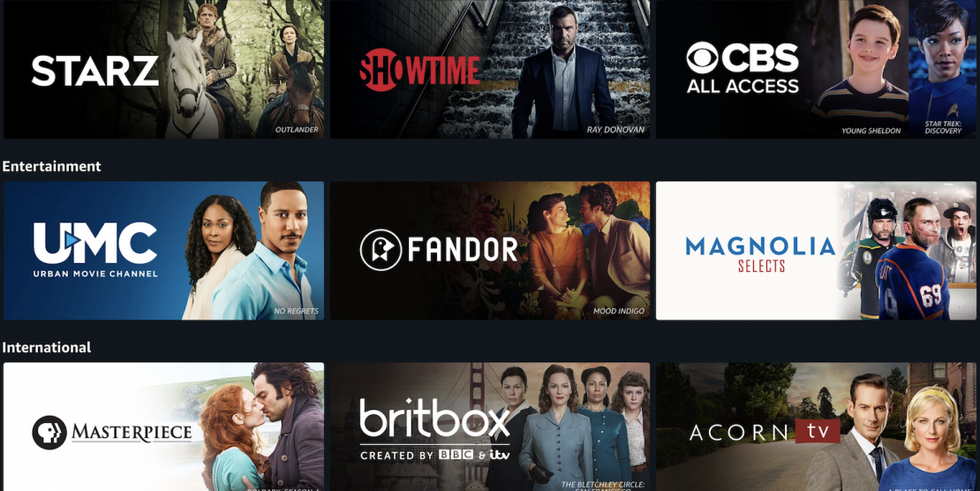
More Than Meets the Eye
The Hollywood Reporter article assumes the basic premise of “Amazon is struggling.” But is that premise even true? I’d say that it’s not.
They're evaluating Amazon’s theatrical offerings through the lens of traditional Hollywood studios or distributors, and in that context, it can look like tough going. But Amazon isn’t playing that game, and it’s wrong to assume that they are.
Amazon’s priority, like most upstart entertainment companies, is to create a valuable library of content that people really want to watch. Like Netflix, Amazon knows that the studios will soon claw back the rights to their own content (see NBCU’s re-acquisition of The Office), and it’s important to be self-sufficient when that content goes away. Unlike Netflix, Amazon doesn’t live or die on the strength of its Prime Video offerings. As long as Prime Video is perceived as a value-add by Prime subscribers, it will retain its satisfied customers. But that’s not all.
Amazon’s mega-deal to acquire the rights to make a “Lord of the Rings” series has shown that they aren’t just going to sit back and retain subscribers. In an era of increasing SVOD competition, Amazon wants Prime Video to actively drive subscriber growth, and right now the only way to do that is to buy their way into the premium content stratosphere.
Wrapping Up
Amazon is doing fine. They have money to burn, plenty of brand cache, a long-term plan, and substantial market penetration. Theatrical film distribution is a tricky business, but it’s not the focus of Amazon’s strategy. If you’re reading the THR article and wondering if Amazon will still be around in 10 years, don’t worry. Amazon isn’t going anywhere.
What do you think? Is Prime Video a big part of your viewing habits? Are you excited for a “Lord of the Rings” series? Let us know in the comments below!

